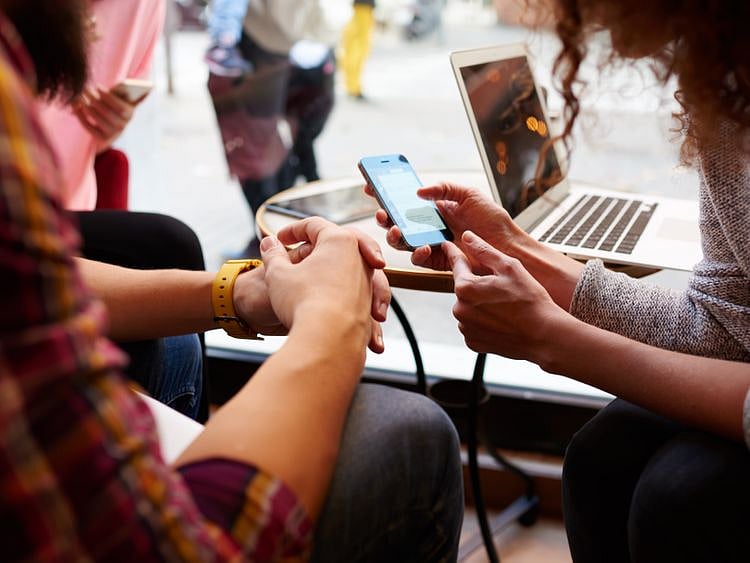General public needs more social media awareness
Sharing unauthorised health information online can be dangerous

It’s a playground for all, social media, and the growing alarm on just how unrestricted, unsubstantiated and unaccountable it has become makes a strong case to step in and supervise its goings-on.
The UAE’s decision to have stricter control over health care-related information on social media is timely. Sharing unauthorised health information on social media could land you in trouble, and that’s a good thing. The guidelines also cover health professionals who veer off course into areas that are not their domain.
The health ministry’s decision to work with authorities such as the Ministry of Interior, the UAE’s media, and different departments to draft guidelines to control potentially harmful health messages on social media will help monitor the flow of spurious and tainted information that can have dangerous consequences for consumers.
In taking this step, the UAE is attempting to strike a balance between ensuring public protection and the promotion of health services. It will also ensure that the role of social media, which undoubtedly has its positives, is not tainted by irresponsible users. This in fact is one of the biggest challenges confronting us today: how to ensure that this world without borders is meaningful and productive?
Hundreds of cases come to light each year of people being harmed by the unauthorised health advice they followed on social media. According to a study by the University of Glasgow, nine out of ten leading UK social media influencers’ weight management claims proved to be incorrect.
From diet and nutrition, to surgery — and even management of critical diseases like cancer — social media offers an unrestricted platform for self-styled health promoters. The consequences of following their half-baked and, many a time, downright dangerous advice, are borne not just by the individual but also by the health care system that must constantly address the needless complications that arise due to it.
This negative trend also puts a strain on families of the affected and on the fraternity of health experts and authorities trying to raise awareness.
In an ideal world, social media, like all other cultural phenomena, would abide by the rules. Those posting on it would be responsible, ethical and informed while those consuming the information would use common sense, judgement and maturity.
Given that we are far from such a reality, it helps that the authorities are stepping up to safeguard the public through stricter controls.
Sign up for the Daily Briefing
Get the latest news and updates straight to your inbox
Network Links
GN StoreDownload our app
© Al Nisr Publishing LLC 2026. All rights reserved.